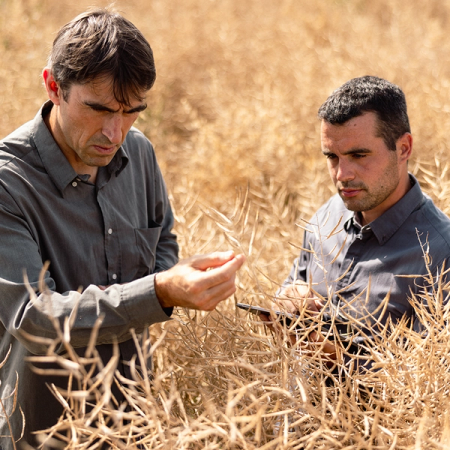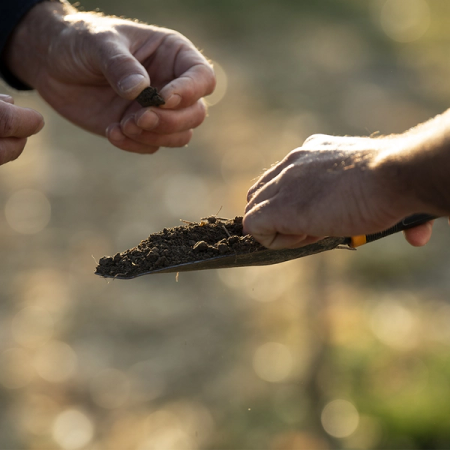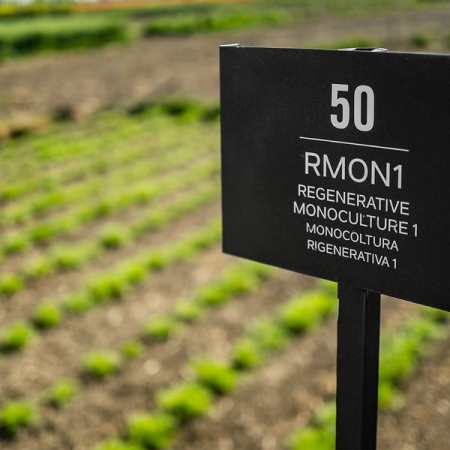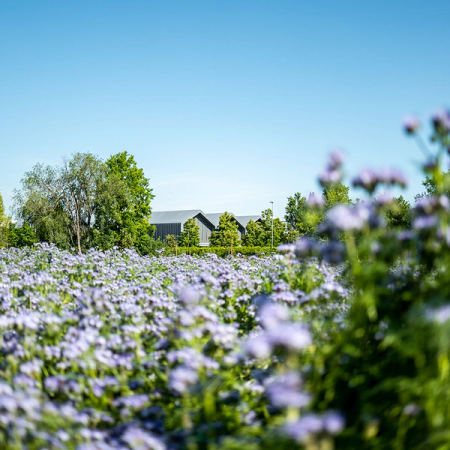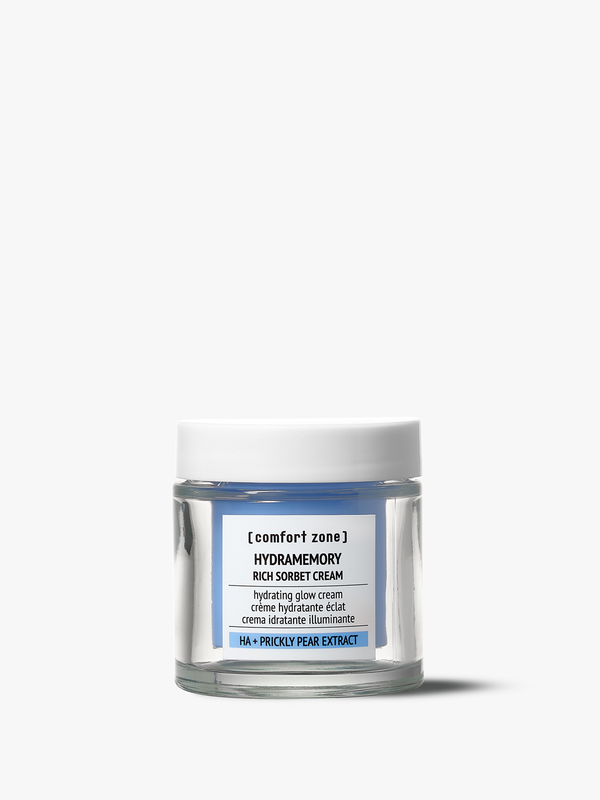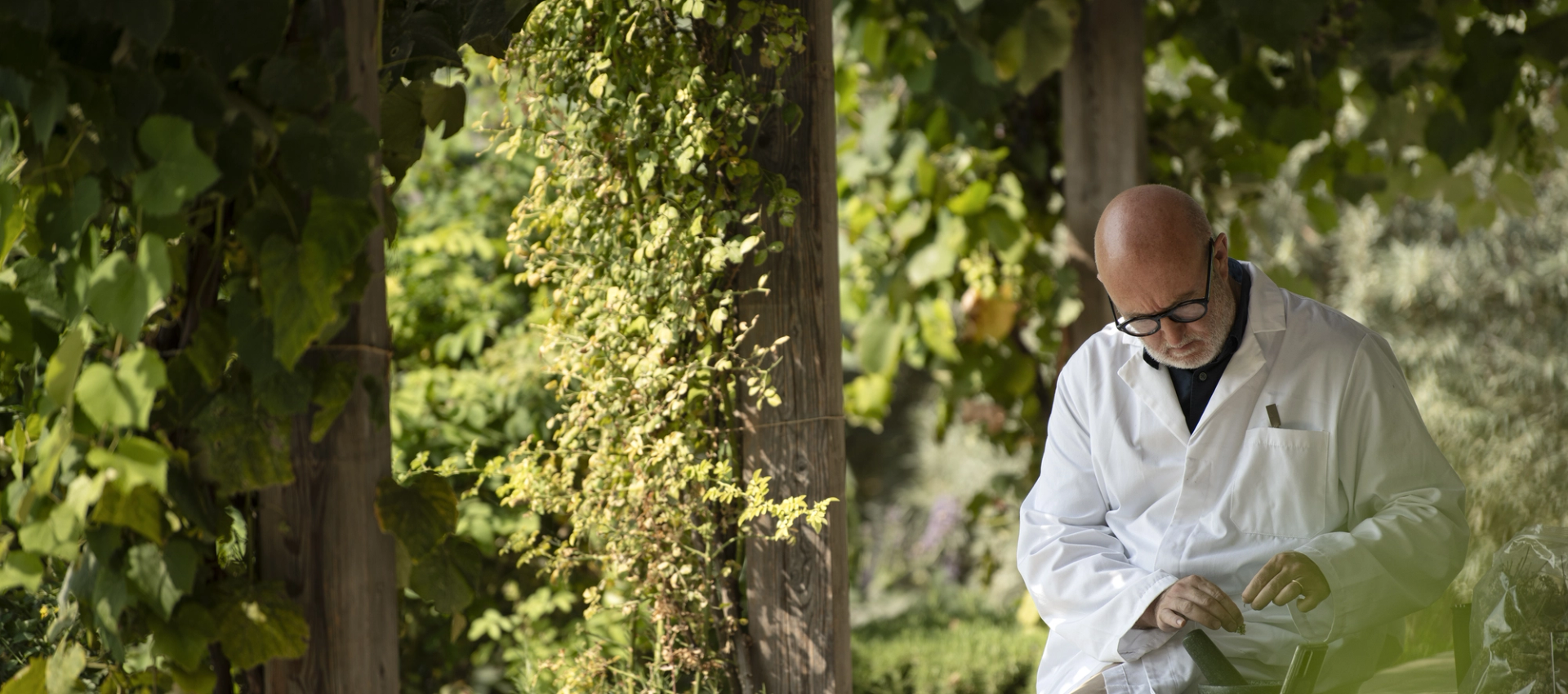
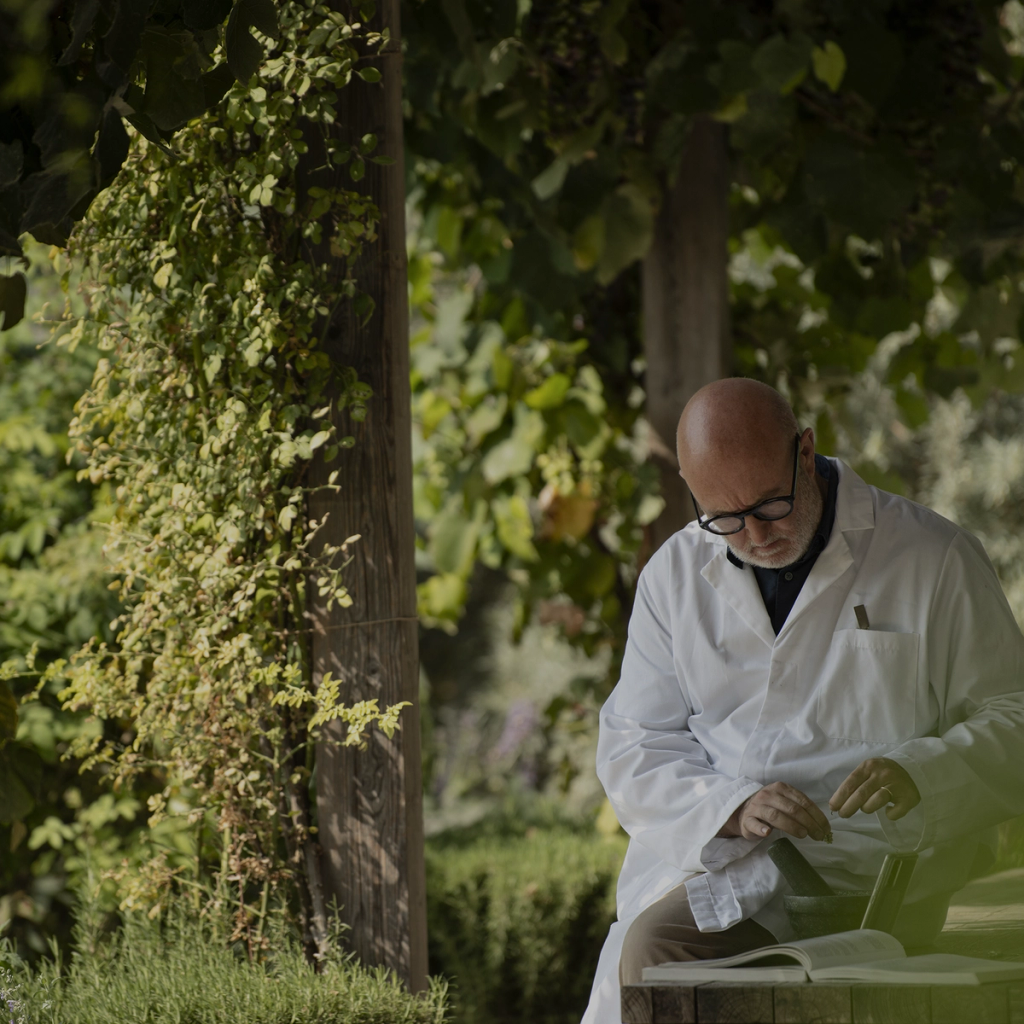
more than just skincare
Our Commitment
Proud to be a B Corp
We pioneeringly chose to join the B Corp movement - a global community of companies committed to using business as a force for good. Certified in 2016, now scoring 123.5/200 on the rigorous B Impact Assessment , we set every year higher objectives for constant improvement.
What is a B Corp?
It’s a company that goes beyond profit, measuring its positive impact on people and the planet. B Corps are built on a regenerative, inclusive, and sustainable economic model that creates and shares value with all stakeholders.
What makes B Corps different?
Choosing to become a B Corp means embracing a business model where respect, sustainability, and social responsibility are at the heart of daily operations and are rigorously and regularly measured. It’s a commitment to making a meaningful difference, every step of the way.

“We are proud of this recognition as it rewards our tangible commitment to generating positive impact on the planet and all communities we interact with”
Davide Bollati - Davines Group Chairman
Eroc - European Regenerative Organic Center
At Comfort Zone, sustainability starts from the soil. Founded in 2021 as a partnership between Davines Group and the Rodale Institute of Pennsylvania, our European Regenerative Organic Center (EROC) is a pioneering hub for research, training, and innovation in regenerative organic agriculture.
Spanning 17 hectares, EROC features 188 experimental plots cultivating 22 rotating plant species. Among them is yarrow - a ROC® Certified ingredient featured in our best-selling Sublime Skin. Through regenerative organic agriculture, EROC leads the way in restoring soil health, enhancing carbon sequestration, and protecting biodiversity.
We are gathering advanced farming innovative practices and data-based studies also with the intent to share this knowledge with the public and with other industries and favor a larger adoption of this virtuous practice.
Decarbonization
Comfort Zone, as part of the Davines Group, has long embraced sustainability, placing environmental stewardship and social responsibility at the core of its practices.
In September 2024, we launched Davines Group Towards Planet Regeneration, our 2030 sustainability environmental strategy founded on four pillars: decarbonization, circularity, biodiversity, and water.
By 2030, we are committed to reducing greenhouse gas emissions by 55% per kilogram of bulk product compared to 2022 levels, and to powering the Davines Group Village entirely with self-generated renewable energy.
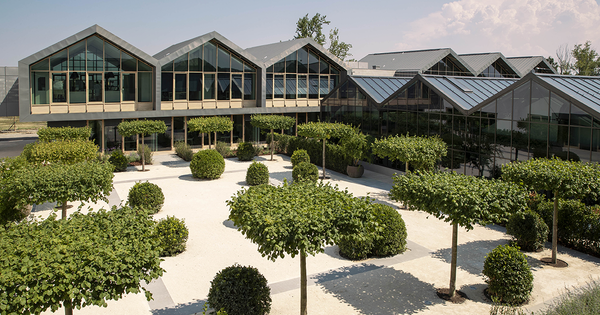
Packaging eco design
Packaging innovation is one of the most concrete tools we have to ensure that premium quality and sustainability can go hand in hand.
Our internal Packaging Development team strictly follows ecodesignprinciples to minimize our footprint. We prioritize recycled or renewable sourced materials, easy-to-recycle, refillable solutions, FSC certified paper.Comfort Zone, as part of the Davines Group, has long embraced sustainability, placing environmental stewardship and social responsibility at the core of its practices.
Our commitment to eco- design has been recognized with several notable accolades:

